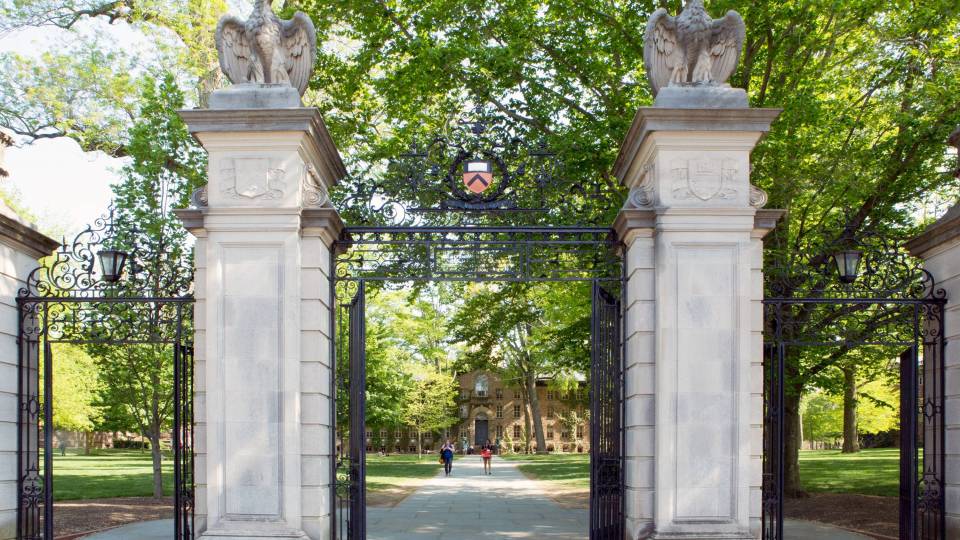Princeton University President Christopher L. Eisgruber issued the following statement Thursday, June 23, in response to the U.S. Supreme Court's decision in Fisher v. University of Texas at Austin. The statement on the Fisher II case is also available on the president's website.
The Supreme Court today rightly reaffirmed that colleges and universities have a compelling constitutional interest in achieving "the educational benefits that flow from student body diversity." Today's ruling continued a line of cases dating back to the 1978 Bakke decision. In those cases, the Court has consistently recognized that the judicious use of race as one factor among many admission criteria can play an important role in universities' efforts to enroll talented students from all backgrounds, promote intercultural understanding, eliminate stereotypes, and cultivate leaders for our multiracial society.
I am especially pleased by the Court's holding that once "a university gives a 'reasoned, principled explanation' for its decision, deference must be given to 'the University's conclusion, based on its experience and expertise, that a diverse student body would serve its educational goals.'" Policies like the one approved by the Court today are critically important to Princeton University and institutions of higher education across America. They have enabled us to break down barriers that would otherwise stand in the way of equal opportunity. They have allowed us to attract and enroll talented students who have made vital contributions to our classrooms and campuses, and who have used their educations to benefit our society and the world.
Justice Kennedy concludes his opinion by reiterating that "[c]onsiderable deference is owed to a university in defining those intangible characteristics, like student body diversity, that are central to its identity and educational mission." He then adds that "it remains an enduring challenge to our Nation's education system to reconcile the pursuit of diversity with the constitutional promise of equal treatment and dignity." I appreciate both the deference that his opinion affords and the responsibility that accompanies its exercise.
The goal of creating a diverse, inclusive, and equal society is fundamentally important to Princeton University, this country, and the world. I am confident that Princeton's holistic admission policies have enhanced this University's contribution to that mission. I am confident, too, that the alumni whom we have graduated as a result of those policies will be among the leaders who help our society make further progress on the challenges that confront us still.




